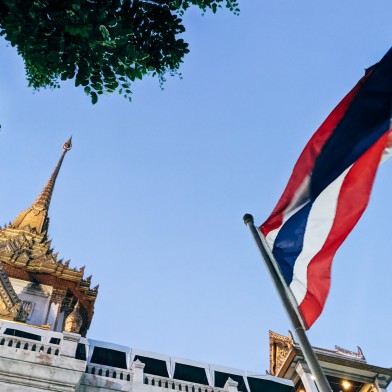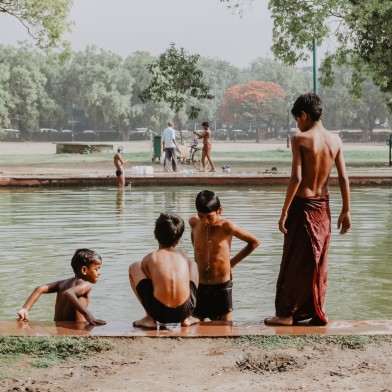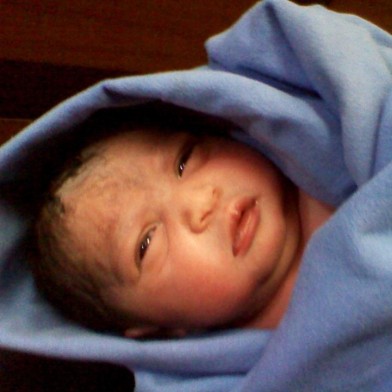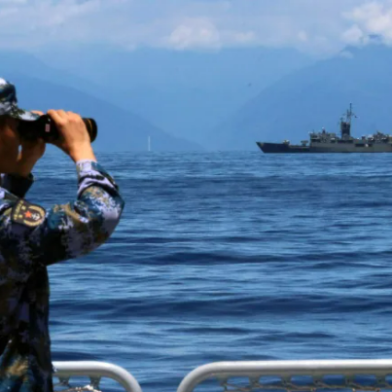Heads of state of the world’s seven leading democratic economies meet later this week at the G7 Summit in Hiroshima, Japan.
On the agenda: Ukraine. And China.
The Japanese PM Fumio Kishida says his chairmanship of the Group of Seven will present a “united front in dealing with the Ukraine issue.” While the war is in Europe, “there is no ‘Europe’ or ‘Asia’ when it comes to rules for peace,” he said.
Japan will likely use the meeting to mark out its position on the current tensions in the Indo-Pacific, including the Taiwan and South China Sea conundrums, and the erratic behaviour of North Korea in recent months.
What is the G7?
The G7 is an informal grouping established in 1973 following the oil crisis. Current membership includes France, the UK, Germany, Italy, Japan, the US and Canada. Russia joined in 1998 but was expelled following the annexation of Crimea. Each year, a different member country assumes the chair and has a chance to then set the agenda within a defined list of topics.
Who is attending the 2023 leaders’ summit?
In Hiroshima this year will be all the G7 leaders, who are usually joined by the European Commission President and the European Council President.
On the G7’s guest list this year are leaders such as Australia’s PM Anthony Albanese, The South Korean President Yoon Suk-Yeol, Indian PM Narendra Modi, and leaders from minor nations like the Cook Islands and Comoros. Also in the room will be the Indonesian President Widodo.
What will be on the agenda?
Ukraine will be front and centre. But China will be a major talking point, with the G7 leaders hoping to use the meeting to present a solid opposition to growing Chinese influence in North Asia.
Also in front of this year’s meeting will be the current debate over the speed of AI development, and what can be done to assure that development does not spiral out of control.
The issues around Universal Health Coverage will also get an airing, as the post-covid economic squeeze means many nations are facing impossible choices around servicing debt and the costs of public health systems.
Except also that climate change will be high on the agenda, as well as the threats still posed by nuclear weapons in the Russia-Ukraine conflict and elsewhere. With the meeting being based in one of only two cities to have endured a nuclear attack, Japan is not so subtly underlining the deadly and enduring nature of nukes and their use.
What’s in it for Japan?
Security, environment, energy and the post-covid economic recovery are key to Japan’s G7 agenda this year, as is the continuing rise of China.
Tokyo has a large focus on intellectual property, and how its significant tech enterprises can be best protected. Japan has recently brought in new laws relating to economic security, that has been in part a reaction to a perceived threat from China. The 2022 Economic Security Promotion Act focuses on securing supply chains of critical materials, nondisclosure of patents for security reasons, promoting the development of advanced technologies, and ensuring infrastructure security in Japan. For Fumio Kishida, this meeting is an ideal opportunity to advance Japan's straegy in these areas.
What about the invited guests?
Australia and India will be present as guests of Japan this year. Both are members of the strategic QUAD group with Japan and the US. India holds the G20 presidency this year and is an important leader of the ‘Global South’.
Australia’s trade and tariff battle with China over the last few appears to be coming to an end, but PM Albanese will doubtless have some tips for the G7 leaders on how to approach the issue of economic “coercion” from China.
For Japan, this meeting will be a timely assessment of its influence on a global stage. It will also give the country’s new leader his best opportunity so far in using global diplomacy to promote peace.
Banner image: Wikimedia Commons
- Asia Media Centre



